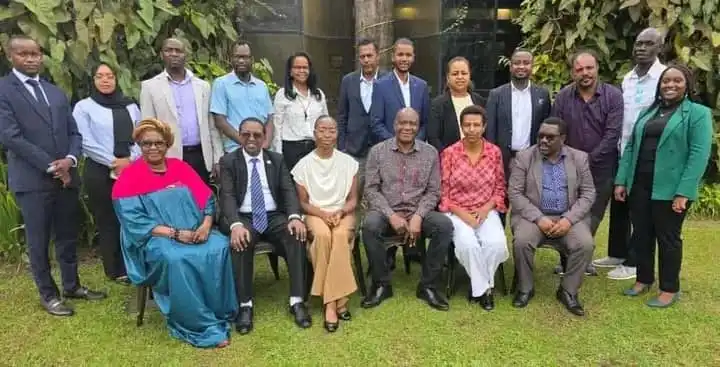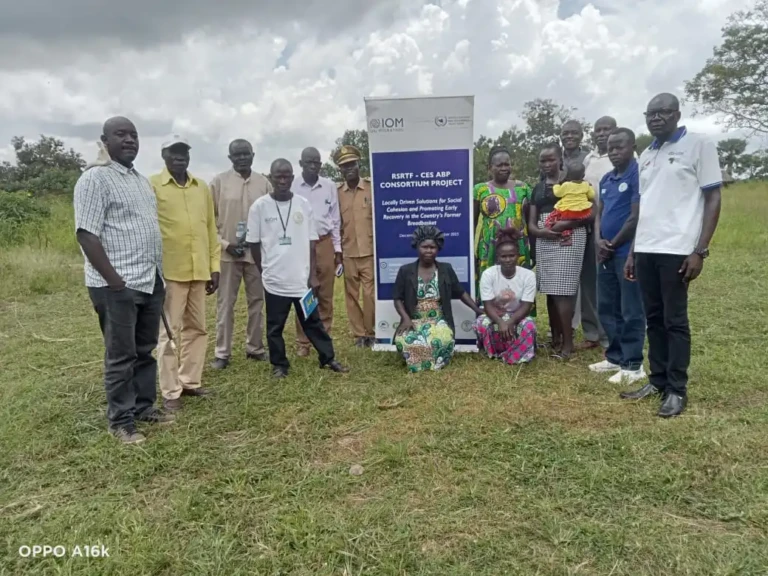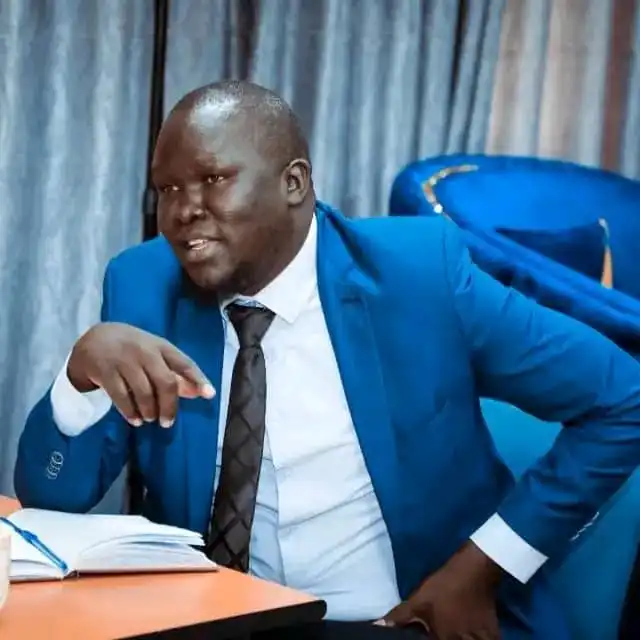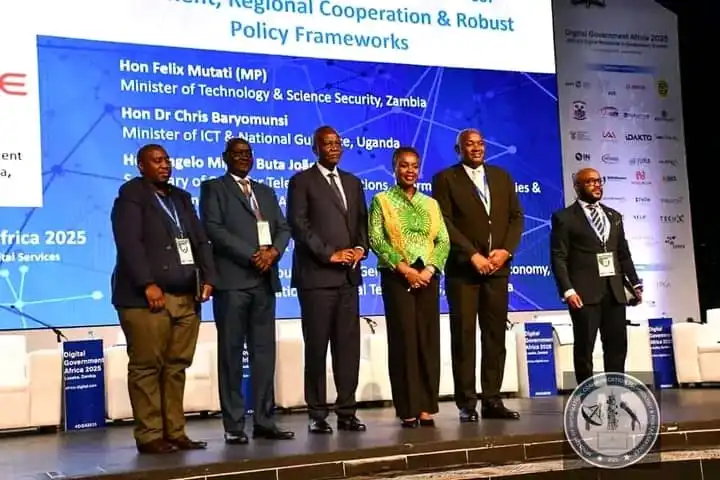(JUBA) – The European Union and three key partners have launched a €4 million (approximately SSP 18.4 billion / $4.35 million) project to strengthen civil society in South Sudan. The initiative, called Supporting Civil Society Empowerment in South Sudan (SUCCESS), was launched on Thursday in Juba in partnership with Mercy Corps, Eve Organisation and the Institute for the Promotion of Civil Society (IPCS).
The project is designed to support and build the technical and organisational capacities of at least 140 grassroots civil society organisations (CSOs) across South Sudan’s ten states and three administrative areas. These groups are expected to act as drivers of good governance, community development, and accountability.
In his keynote address, European Union Ambassador to South Sudan, Timo Olkkonen, welcomed the launch but acknowledged the significant hurdles that CSOs continue to face in the country.
“The volatile situation in South Sudan has affected the development, functioning and operation of CSOs, particularly those working in advocacy and lobbying for accountability and transparency,” he stated.
Ambassador Olkkonen also noted South Sudan’s poor performance in global democracy rankings. The country remains in the bottom 25% across key indices of democratic governance, although there has been some progress in areas such as the rule of law and access to justice.
“These gains are fragile and overshadowed by ongoing challenges,” he said.
Representing the government, Michael Philip Pia, Undersecretary in the Ministry of Peacebuilding, urged future beneficiaries to develop their projects through inclusive community dialogue.
“Design those impactful projects collectively with the beneficiary communities,” he said. “Don’t cook for them because they won’t enjoy eating it. Cook with them.”
The SUCCESS Project will provide direct support to organisations at the local level through mentorship, training and long term coaching. The aim is to foster a culture of local ownership and partnership, using a structured system of readiness assessments, benchmarks, and capacity reviews to guide progress.
Speaking at the event, Mercy Corps Country Director Saffea Senessie reiterated the importance of supporting local leadership in community development efforts. Also present was Hon. Esther Ikere, Undersecretary at the Ministry of Gender, Child and Social Welfare.
The project’s design is based on a model that combines technical support with grassroots engagement. Its multi-phase approach ensures that civil society groups are not only better equipped to manage operations but also more capable of advocating for citizen rights and government accountability.
According to EU officials, this initiative comes at a time when civic space in South Sudan remains under strain, with advocacy groups often facing legal and security risks. Many organisations lack the resources and capacity to deliver sustained and meaningful impact at the community level.
The EU and its partners hope to shift this trend by targeting capacity building, enabling CSOs to become more resilient and impactful. The project is expected to run over several years and will include regular monitoring and evaluation phases to ensure that goals are being met.
Summary of the project’s key features:
| Component | Detail |
|---|---|
| Project Name | SUCCESS |
| Launch Date | 17 July 2025 |
| Total Budget | €4 million (SSP 18.4 billion / $4.35 million) |
| Main Donor | European Union |
| Key Implementing Partners | Mercy Corps, Eve Organisation, IPCS |
| Target Beneficiaries | 140 grassroots CSOs and formal networks |
| Coverage Area | 10 states and 3 administrative areas of South Sudan |
| Focus Areas | Governance, accountability, advocacy, technical support |
| Approach | Capacity building, coaching, readiness measurement |
| Duration | Multi-year with staged reviews |
Civil society in South Sudan plays a crucial role in peacebuilding, service delivery, and democracy promotion. However, these organisations often operate under financial strain and institutional limitations. The SUCCESS Project seeks to bridge these gaps by delivering targeted, long term support designed to improve their operations and influence.
For a country still emerging from years of conflict, such initiatives are seen as essential steps toward stronger institutions and a more open society.
Discover more from Access Radio Yei News
Subscribe to get the latest posts sent to your email.






